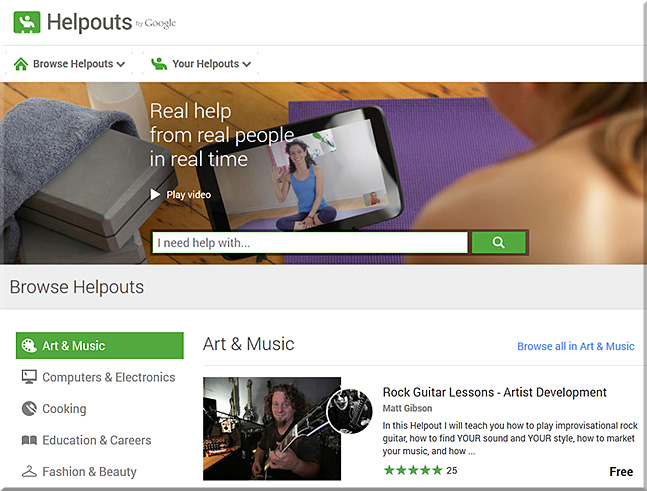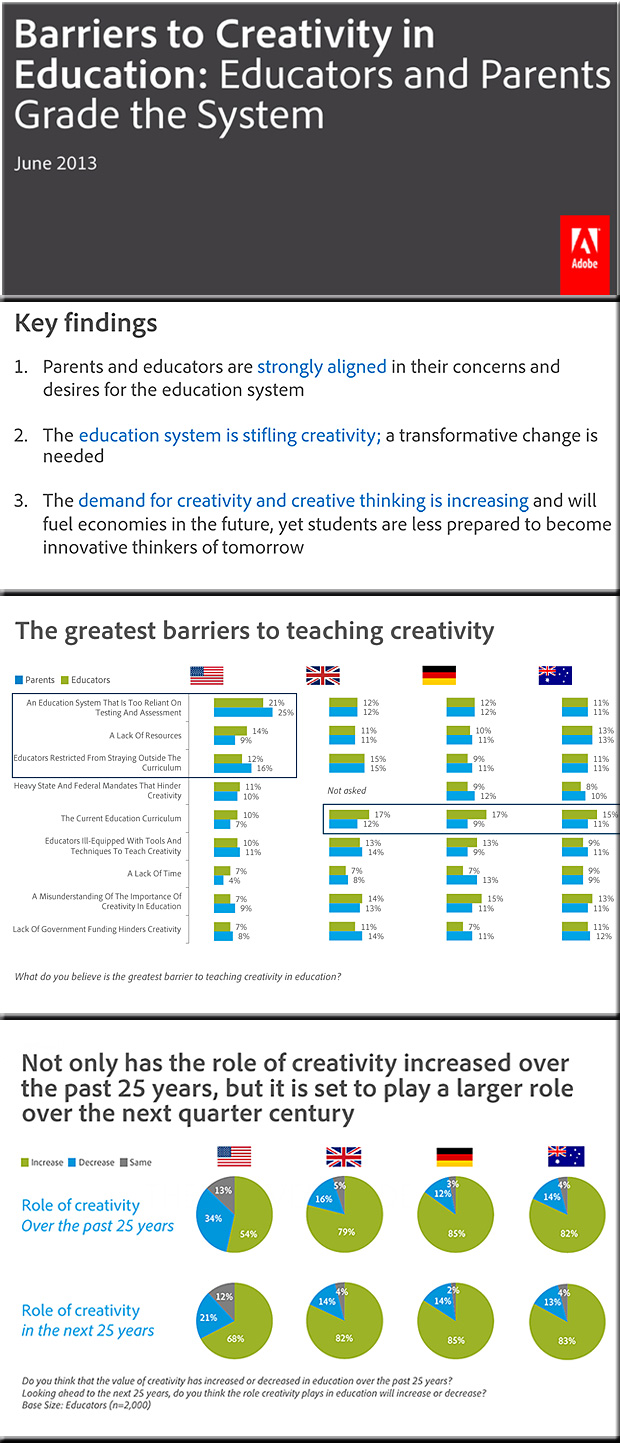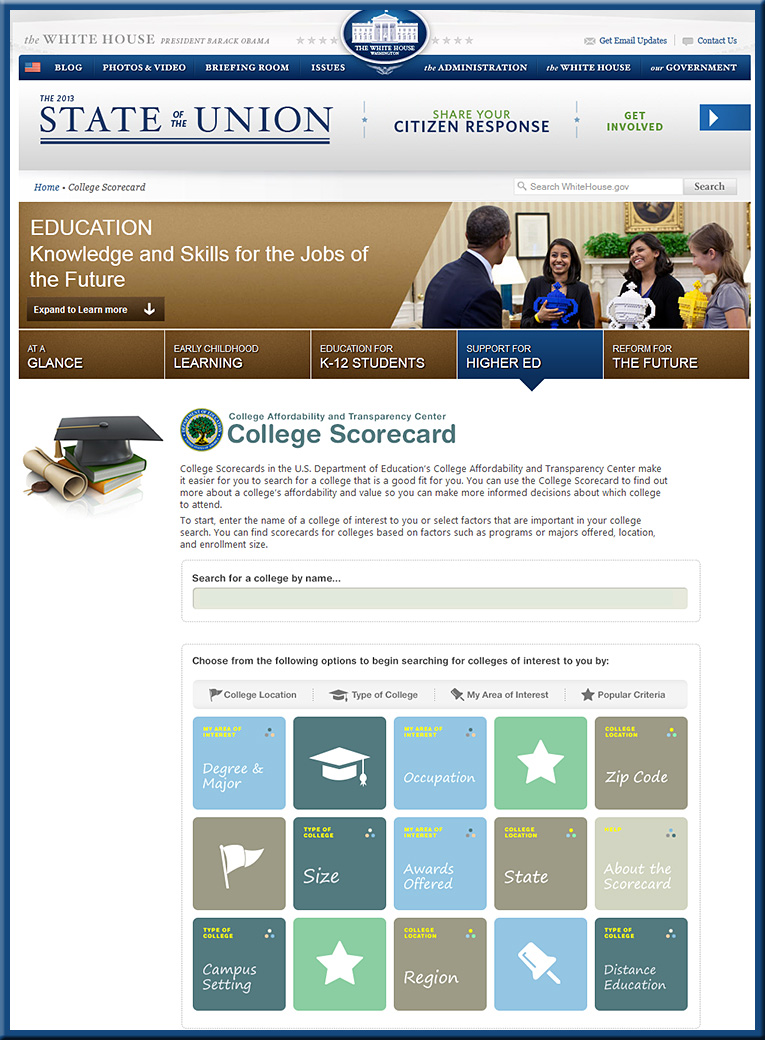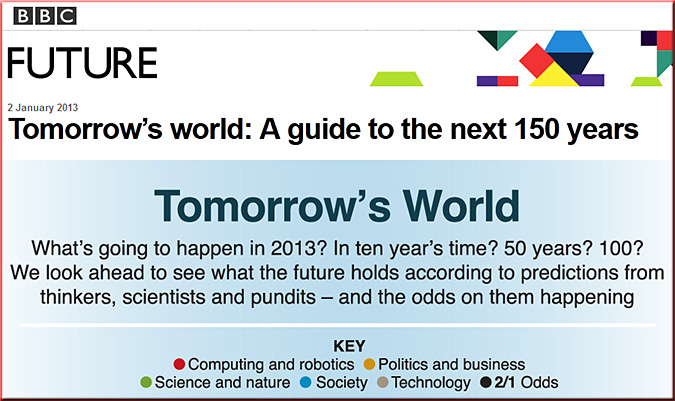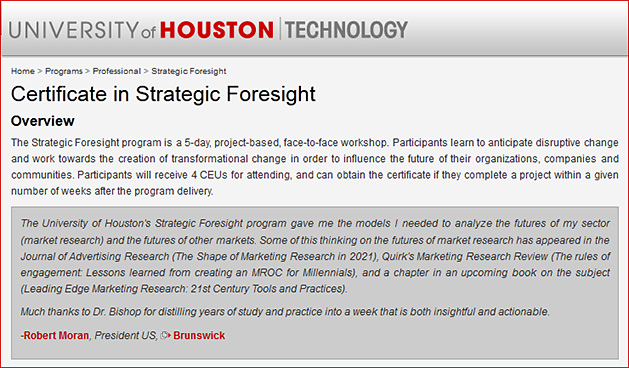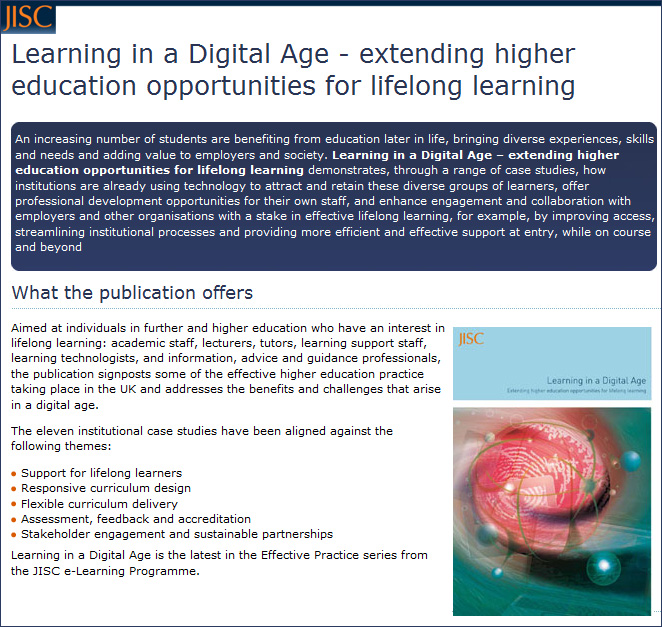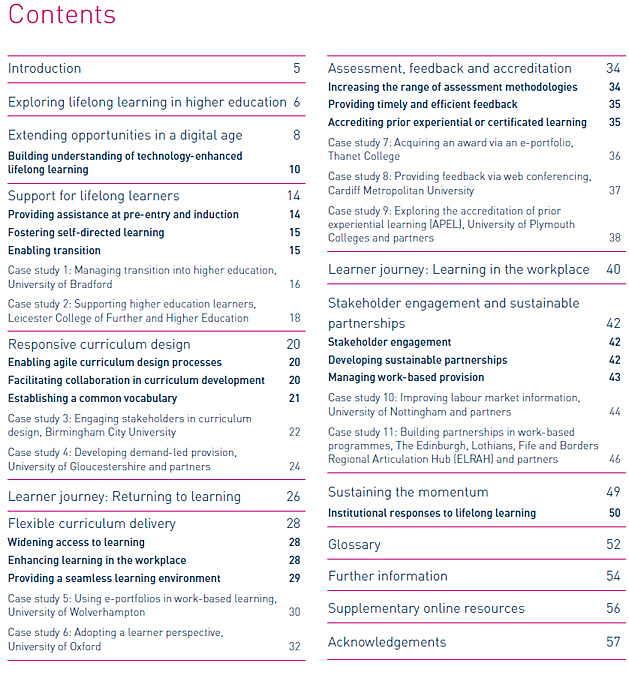From DSC:
1) To start out this posting, I want to pose some questions about “The Common Core” — in the form of a short video. <— NOTE: Please be sure your speakers are on or you have some headphones with you — the signal is “hot” so you may need to turn down the volume a bit! 🙂
With a special thanks going out to
Mr. Bill Vriesema for sharing
some of his excellent gifts/work.
.
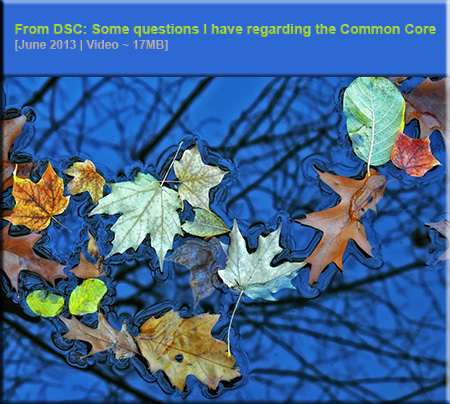
.
Having asked those questions, I understand that there is great value in having students obtain a base level of knowledge — in reading, writing, and basic math. (Should we add keyboarding? Programming? Other? Perhaps my comments are therefore more appropriate for high school students…not sure.)
Anyway, I would be much more comfortable with moving forward with the Common Core IF:
* I walked into random schools and found out which teachers the students really enjoyed learning from and whom had a real impact on the learning of the students. Once I identified that group of teachers, if 7-8 out of 10 of them gave the Common Core a thumbs up, so would I.
* The Common Core covered more areas — such as fine arts, music, drama, woodworking, videography, photography, etc. (Just because STEM might drive the economic engines doesn’t mean everyone enjoys plugging into a STEM-related field — or is gifted in those areas.)
.
2) Secondly, here are just a few recent items re: the Common Core:
Good Read: Who’s Minding the Schools? — from blogs.kqed.org by Tina Barseghian
Excerpt: (emphasis DSC)
For those uninitiated to the Common Core State Standards, this New York Times article raises some important questions:
“By definition, America has never had a national education policy; this has indeed contributed to our country’s ambivalence on the subject… The anxiety that drives this criticism comes from the fact that a radical curriculum — one that has the potential to affect more than 50 million children and their parents — was introduced with hardly any public discussion. Americans know more about the events in Benghazi than they do about the Common Core.”
.
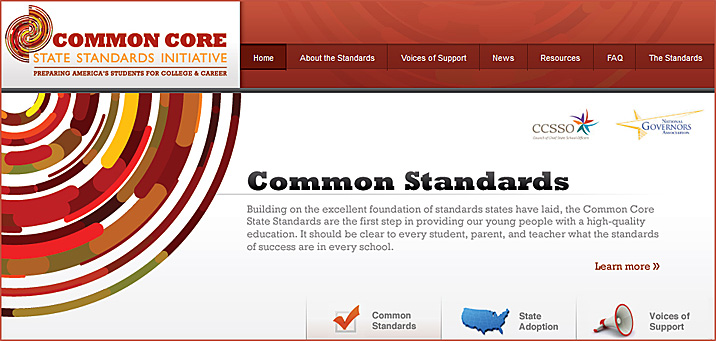
.
Editorial: Make the Common Core standards work before making them count — from eschoolnews.com by Randi Weingarten
AFT President Randi Weingarten calls for a moratorium on the high-stakes implications of Common Core testing until the standards have been properly implemented.
.
How to train students’ brains for the Common Core — from ecampusnews.com by Meris Stansbury
Excerpt:
According to Margaret Glick, a neuroscience expert and educational consultant at the International Center for Leadership in Education (ICLE), the Common Core State Standards and the accompanying assessments will cognitively require more than past standards. “They will require a deep understanding of content, complex performances, real-world application, habits of mind to persevere, higher levels of cognition and cognitive flexibility,” Glick said during “The Common Core State Standards and the Brain,” a webinar sponsored by the Learning Enhancement Corporation.
.
Common Core testing will require digital literacy skills — from ecampusnews.com by Dennis Pierce
Excerpt:
It also will require students to demonstrate certain digital literacy skills that go beyond the core curriculum, observers say. These include technology operational skills such as keyboarding and spreadsheets, as well as higher-order skills such as finding and evaluating information online. And many observers have serious concerns about whether students will be ready to take the online exams by the 2014-15 school year.
Minn. moves ahead with some Common Core education standards — from minnesota.publicradio.org by Tim Post
Carry the Common Core in Your Pocket! — from appolearning.com by Monica Burns
Excerpt:
Whether you are a parent or educator, you have likely heard the buzz around the Common Core Learning Standards. Here’s the deal.
Across the United States schools are adopting these national standards to prepare students for college and careers by introducing rigorous content to children in all subject areas. The standards cover students in Kindergarten through Grade 12 in English Language Arts and Mathematics. The Common Core Standards app by MasteryConnect organizes the CCLS for students, parents and teachers with mobile devices.
Addendum on 6/19/13:
Addendum on 6/27/13:









